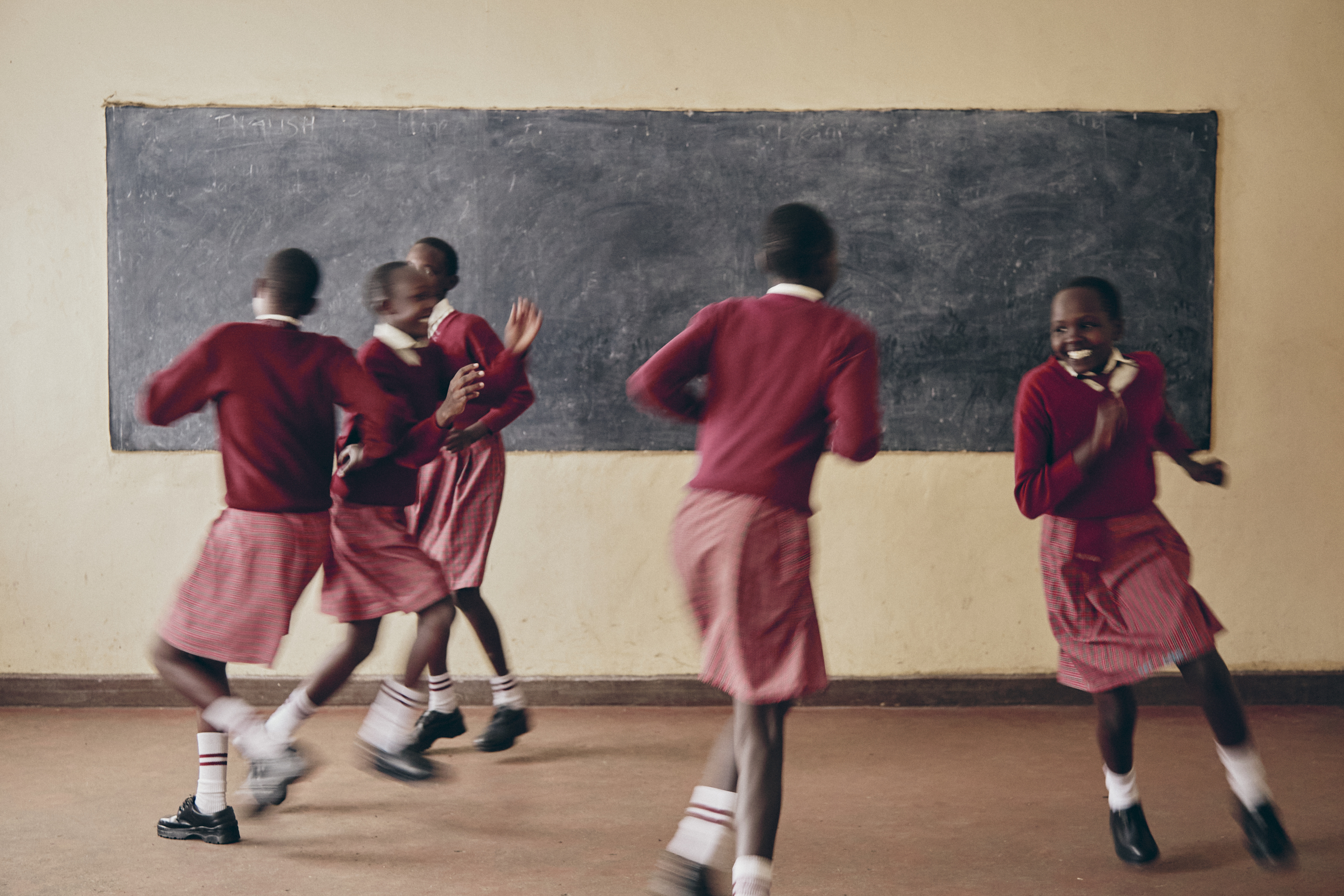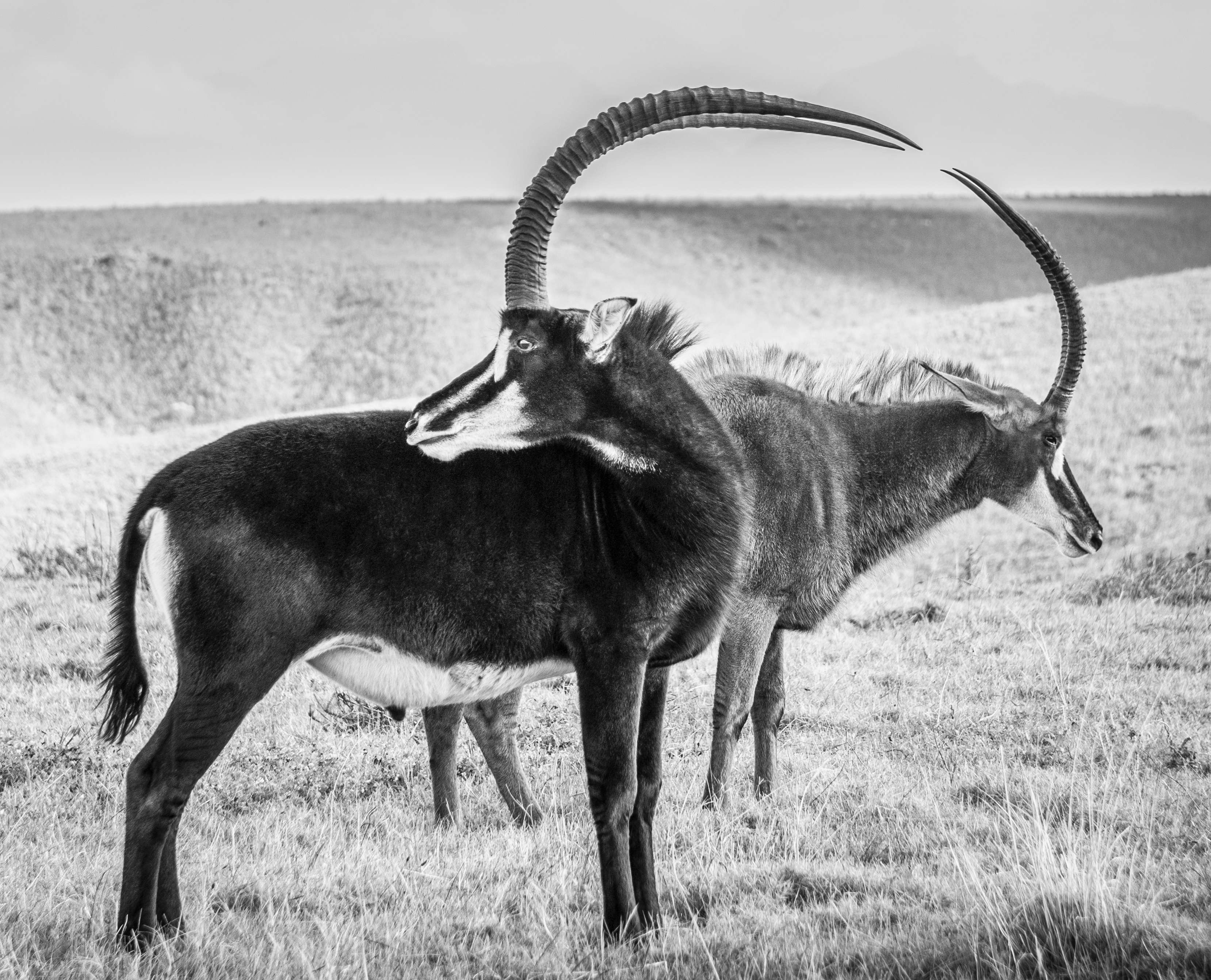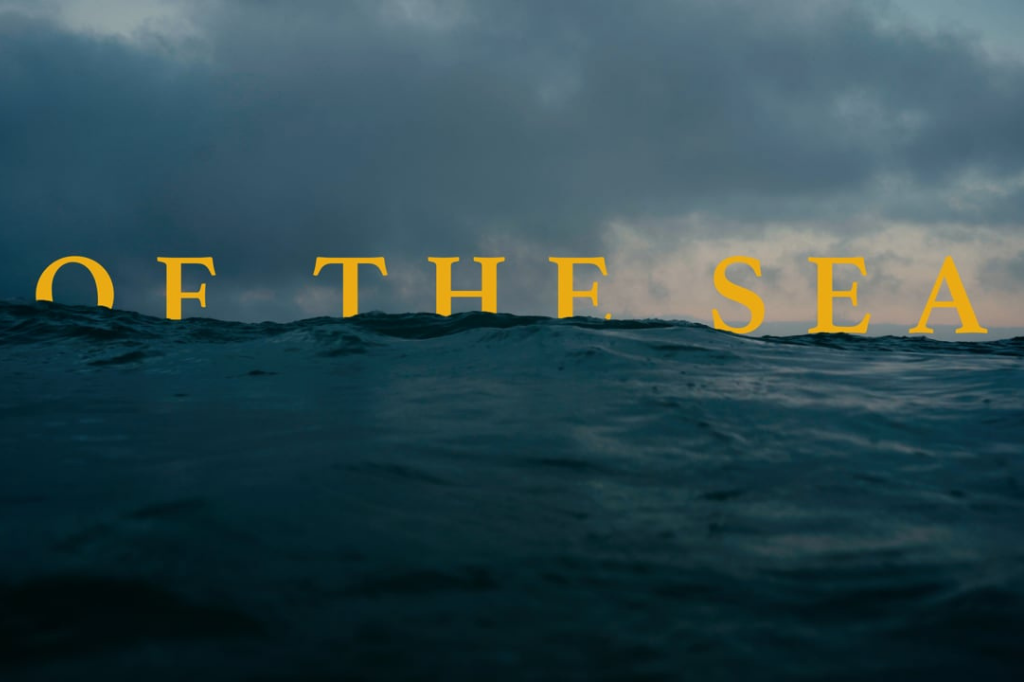Russell Smith shares his thoughts on the situation with copyright law in South Africa, and the catch-22 of asking to retain rights.
Featured image and article by Russell Smith.
Copyright is a subject that is very misunderstood by photographers in South Africa, and yet it is so important not only in how we protect ourselves but also how we negotiate these rights. If done correctly, it could create a new revenue stream for the future.
I picked this up from Digital Photography Courses:
“Where South African law differs from international law is in the line ‘commissioned photographs are owned by the commissioner (client)’ This means freelance photographers have no rights to their work. This is a contentious issue that may be covered in further articles and forums. But fortunately this issue can be circumvented by mutual agreement even when it takes the form of a verbal agreement. The act allows for negotiation of these default terms, and consequently any agreement negotiated comes under contract law which then overrides the Copyright Law.”
As a country, here in South Africa, we have been brought up, mostly by the magazine industry, to believe that we sell all rights to our images no questions asked. It is standard practice if you are commissioned to shoot editorial in this country, to give it all up, forever! You can use the images in your portfolio, but that is it. So much so, a magazine that you shoot for can not only syndicate it to their sister magazine groups worldwide but can and do set up stock libraries internally with all the images they have commissioned, for sale to third parties. To be fair some will pass on a minimum royalty to the photographer but often not at all.
To give you an example, I have shot for a magazine in the past, only to walk into a well known unrelated paint brand store to find my same images in their catalogues selling their paint?
This is wrong!
It does the whole photography industry a disservice and devalues our worth, here the paint company doesn’t need to commision a photographer for the job, the revenue goes to the magazine who has commissioned the photographer for editorial on editorial rates. Once the paint company uses the images to market their brand this becomes a commercial usage for which the photographer was never commissioned or remunerated. Like the fees that magazines impose and mostly haven’t increased in over ten years, the rights issue will stay. The premise, as I understand it, is that if you are not happy with these conditions then another photographer will be happy to oblige. So we accept and lose the copyright to our work.
I was shocked (from being fed on our system) when shooting for an American magazine, by contrast, that after three months of the magazine being on the shelf, full rights were returned to myself. This means that my travel story to Botswana was now part of my library of images for sale to prospective lodges, tour agents, financial institutions or any other commercial use. We need to look at the US and England for direction on this.
What we really need to do and don’t have, is a body that represent the rights of photographers in SA! We need to protect ourselves from ourselves. We all start, and you may be there right now, where we offer everything for nothing just to get a foot in the door. This will be good for your early career but make it difficult and harder to sustain later on. If the client can’t shop around for a photographer that will hand it all on a free silver platter then they would have to accept our terms. But this is naive to expect.
I also understand the reality of needing to work. Sticking to your principals and in the process losing a job is not an easy option. I often admire the photographers that value their worth and say no. This has to be weighed up with your context, need to make money and work schedule I guess.
Copyright is often left out of the equation when we quote on jobs. Like mentioning usage for our images in quotes upfront we shouldn’t forget to mention that copyright is retained by the author or photographer if it is the case. I don’t do it often enough and should. It gives you greater negotiating power. If the client wants copyright but can’t afford to pay your fee then perhaps you can explain that you will meet their budget but retain full copyright to your images after x months of usage. Furthering the library of your own images for sale at a later date. The ethical thing here for me would be to stipulate that the images would not be sold to a direct competitor within a certain time period or if ever. It can all become very legal and intimidating for clients but this needs to be communicated and negotiated upfront. If not there is the potential for conflict and misunderstandings down the line. Another point on usage is that if you are clear as to what usage your client is buying then one can negotiate on different usage when for example the images for a magazine client now become the works of a book that they want to bring out. If you retain copyright you have the power to negotiate additional usage.
And I am not saying that you mustn’t give your clients the copyright of the images for their purposes, just factor it in to your negotiation or at the very least explain that for the higher price you are charging you are passing over the copyright. You can also give them permission to use the images for unlimited time and usage but not give over copyright which means that they are not allowed to sell or hand over your images to a third party.
And just a point about social networking. Apparantly Facebook have the right to use your images if you post them on your page which I have still to verify. As it stands in this country, If you took the shot, unless commissioned, then it belongs to you. But still include the copyright symbol, your name and date of origination to drive that home. And all blogs that reference your work need to have it back linked to your blog or site as not to claim ownership.
The point of this post was not to sound bitter and twisted about the industry that by default does not favour photographers but more to get you thinking as photographers as to how to protect yourselves. Our clients make money from our services but when they do this by selling our work to someone else then as the author of that work we should be benefiting.
Post originally appeared on Russell’s blog. Russell is a prominent food and portraiture photographer based in Cape Town, but also enjoys to document his travels.










Thanks for sharing!
I came across this article, though from a USA perspective it mite encourage others to find out more locally (RSA). In terms of knowing your rights as a photographer. http://mansurovs.com/know-your-rights-as-a-photographer#more-28999
Thanks for the link!
Has anyone got any information on the opposite side of the coin as to the copyright laws for uncommissioned works here in SA? & what a photographer can do if they find their work somewhere else (even internationally) without remuneration?
Thanks
That’s a very good question because it’s easy for our work to be taken and used in media platforms without our knowledge